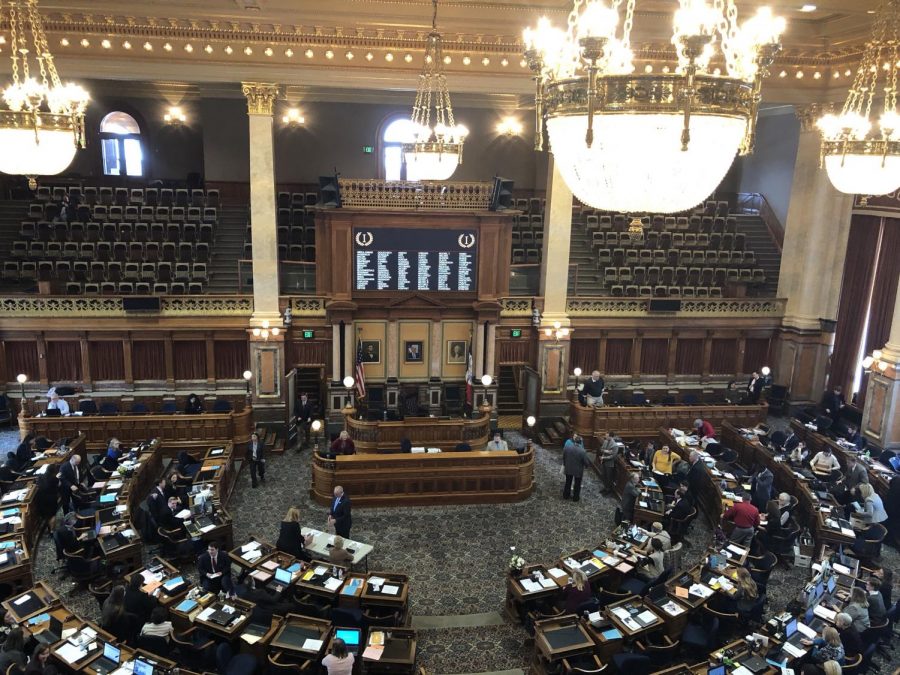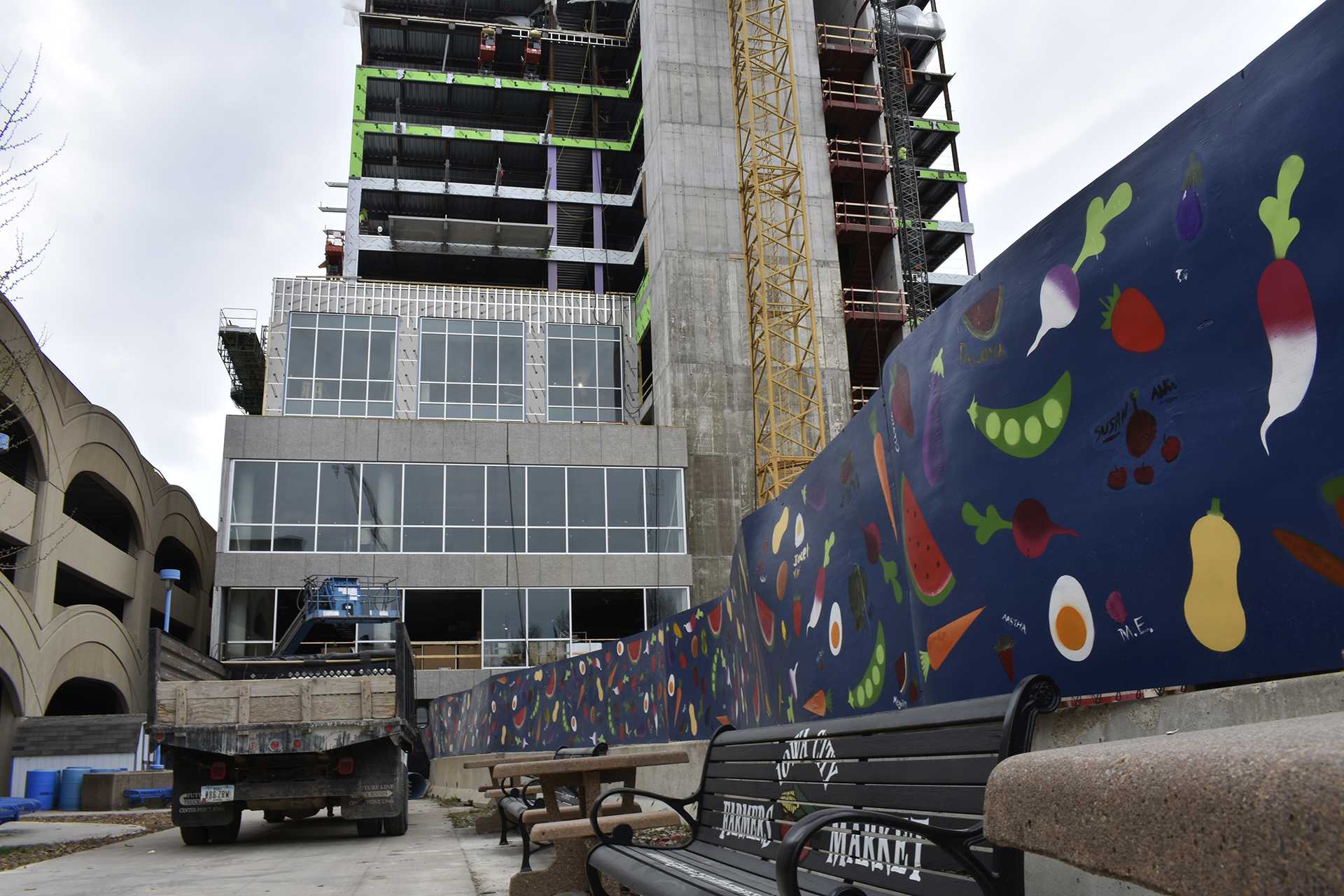McComas: Candidates need to focus more on mental health
Mental health crisis cannot be solved until there are urgency and specificity in state-mandated programs.
The Iowa Legislature gaveled in Monday, Jan. 14, 2019 to start the 2019 legislative session. Top issues Republican leadership and area legislators have identified include reducing taxes and government oversight, mental health, and felon-voting reform.
April 16, 2019
During this campaign season, we are seeing many Democratic candidates push for more mental-health resources at lower costs. Politicians, doctors, and the public have discussed suggestions such as broadening health-care coverage, creating wider access, and breaking the stigma when it comes to mental-health treatment.
The numerous solutions being offered are contributing to a larger picture: There is a mental-health crisis in our states, and we won’t have the tools to solve it until there is massive systematic change.
There are simply not enough therapists across Iowa to accommodate the growing need for intense mental-health treatment. People have to wait months before there are openings at mental-health clinics, pushing back health issues that need immediate attention and treatment. Medications must be paired with in-person medical attention for them to be effective and produce long-term results. This seems obvious, but according to the Substance Abuse and Mental Health Services Administration, more than half of adults who struggle with mental illness in Iowa receive no treatment.
RELATED: Newby: Eating disorders prevail on college-campuses
There have been recent legislative efforts that have put mental-health resources on the map. With the passage of legislation that promotes mental-health educational programs in Iowa schools and mental-health access centers, it is obvious that lawmakers are taking awareness and accessibility concerns more seriously than in previous years.
However, adults across communities and even young people in the education system cannot turn to public-school employees for the treatment of mental-health disorders. Without a clear plan regarding the mandated access centers, many Iowans are limited to the emergency room or are left untreated. Only some Iowans are able to find psychiatrists and begin a healing process because the resources are so scarce.
RELATED: Shaw: UI suicide-prevention training is a step in the right direction
A story shared in the Hawk Eye describes a family that suffered from Iowa’s inefficient mental-health program after they were unable to find the help their son desperately needed. Not only did the state lack the resources to treat severe mental disorders, but studies show that there has been a workforce shortage across Iowa. Iowa ranks 47th nationwide for the number of psychiatrists per capita, according to a 2016 progress report by the Iowa Department of Human Services.
A little over two years later, the state is battling the same shortage as more people are pouring into Iowa hospitals and jail systems to be treated. Allocating more resources for the struggling members of our communities means more urgency in the Iowa Capitol, more emphasis on careers and opportunities in psychiatry, and more available programs in our federal health-care system.
As more and more presidential candidates visit Iowa, ask them which specific solutions they can work on funding and implementing, rather than asking if they support a stronger mental-health system.





